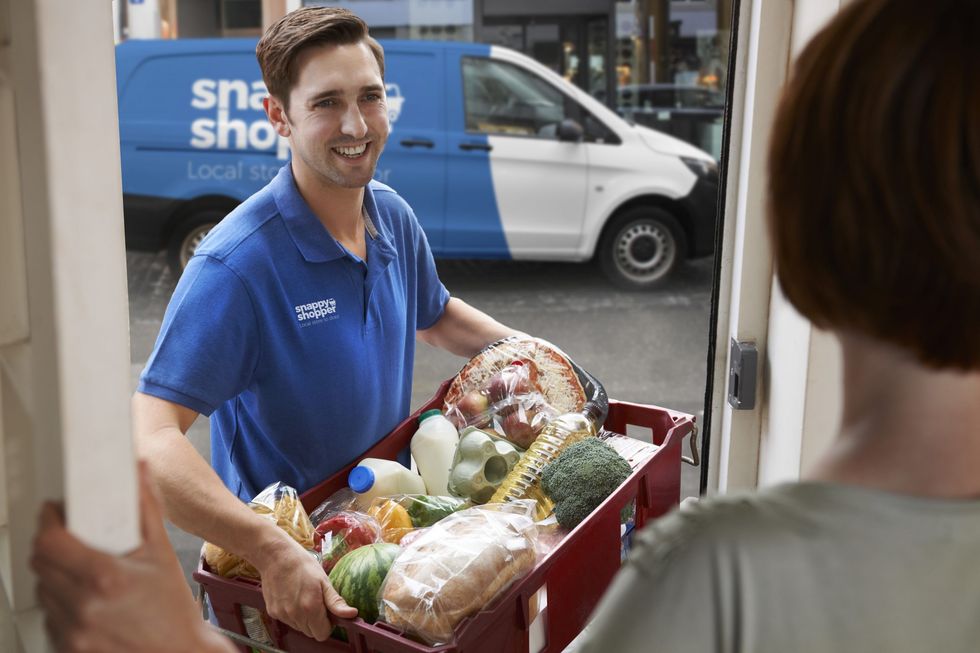Imran Akhtar, owner of Best-One in Hurlford, is creating a new hub store focused solely on home delivery after hitting £1million in sales through Snappy Shopper, one of the UK’s fastest-growing grocery home delivery solutions.
The retail hub will allow Imran to meet surging customer demand for online ordering, as more and more of his customers opt for the convenience of home delivery. The leading retailer is investing £40,000 in the new store and predicts the move will result in 25 per cent incremental growth.
Imran’s store has expanded since signing up to the Snappy Shopper platform 18 months ago, processing on average 730 online transactions per week.
“The new hub will allow me to provide 100 per cent availability to my punters on the platform with a dedicated delivery fleet and staff packing the orders," said Imran. "Joining Snappy Shopper has future-proofed my business, so my store can reach a whole new customer base who shop online”.








